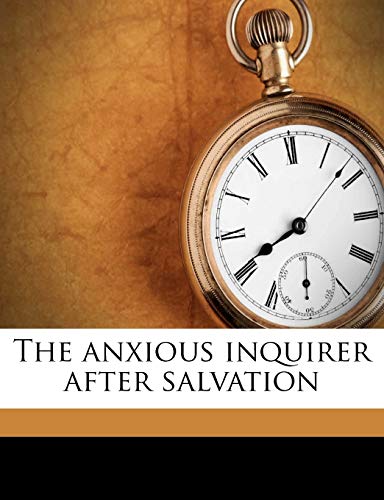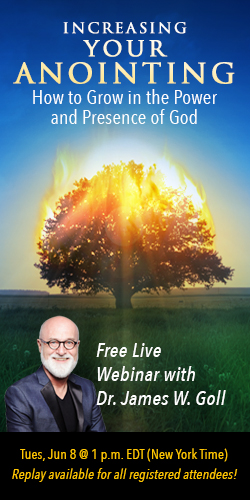

In this truly wonderful passage, viewed in connection with its context, are set before us with beautiful simplicity, yet with surpassing grandeur, the theme, the design, and the method of the Christian ministry. “Now then we are ambassadors for Christ, as though God did beseech you by us we pray you in Christ’s stead, be ye reconciled to God,” (2 Cor. There were indeed Bibles, and schools, and tracts, but how few and uninfluential, compared with what they are in the present day! At one time the preacher had the public mind almost to himself. There is another consideration which may account for the diminished effect of the pulpit, and that is an increased power of the press and of the school. It cannot be disputed that revivals are rare, and conversions few. Has the modern evangelical pulpit lost, and is it still losing, any of its power? If one is rightly evaluating the current American pulpit, the answer is an undeniable “yes.” Imagine dealing with this question almost 150 years ago? The true intent of the inquiry of this book then is this: Has the modern pulpit lost any of its efficacy as regards the great end for which the Gospel is preached, that is, the conversion of sinners, and the spiritual advancement of believers? If we go back to the time of Baxter, Howe, Owen, Bates, Manton, and Charnock, there can be little reason to believe that the moderns preach with the same results that these men did.

My intention here is simply to draw out some of the best portions of the work. He uses a number of long illustrations that often overpower the chapter, many of which, though, are quite helpful. It is divided into 11 chapters, and runs 295 pages. If one is going to be successful at ministry, he must be filled with godly zeal, or earnestness, without which, he will fail. This work is pointed at applying the notion of “earnestness” to every facet of the office of pastor. At the same time his religious writings, the best known of which are The Anxious Inquirer and this work, An Earnest Ministry. He became suddenly popular in 1814, and began to attract large crowds.

He settled there in 1805, and was ordained in May 1806. A year and a half later, on a visit to Birmingham, his preaching was so highly esteemed by the congregation of Carrs Lane Independent chapel that they invited him to exercise his ministry among them. After his conversion he decided to become a congregational preacher in 1802 and went to David Bogue’s training institution at Gosport in Hampshire. John Angell James (1785-1859) was born at Blandford Forum.


 0 kommentar(er)
0 kommentar(er)
